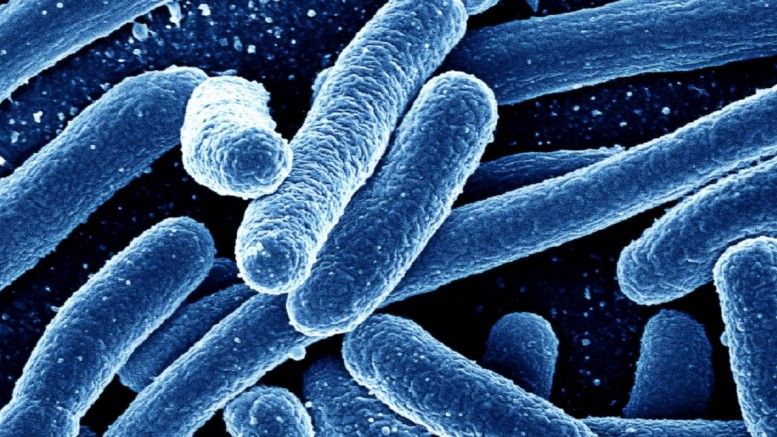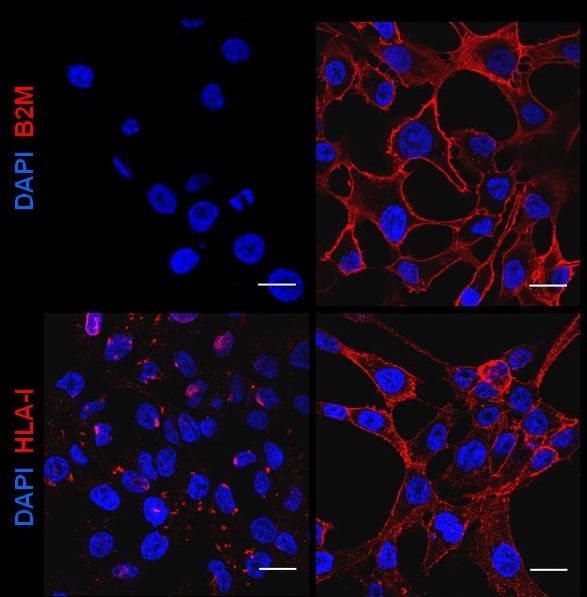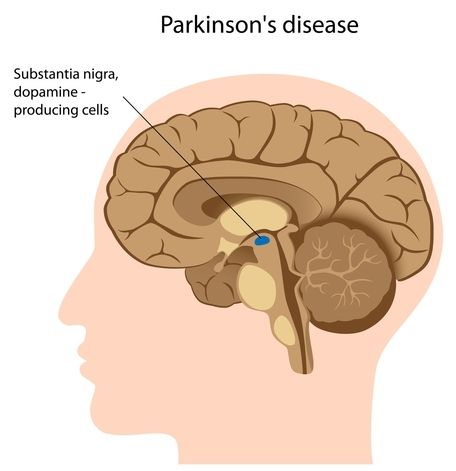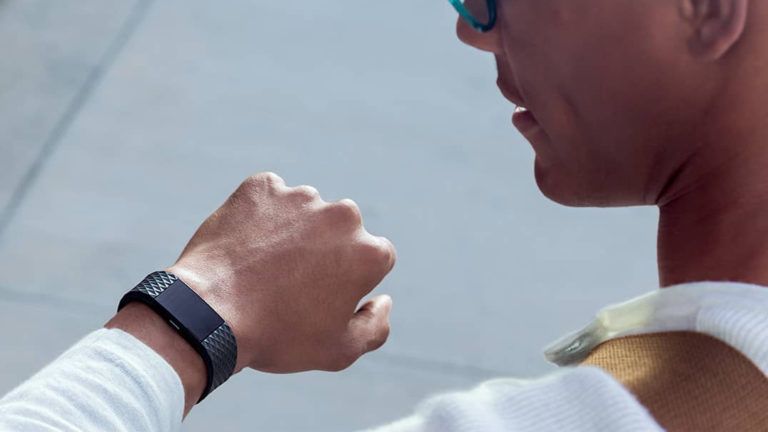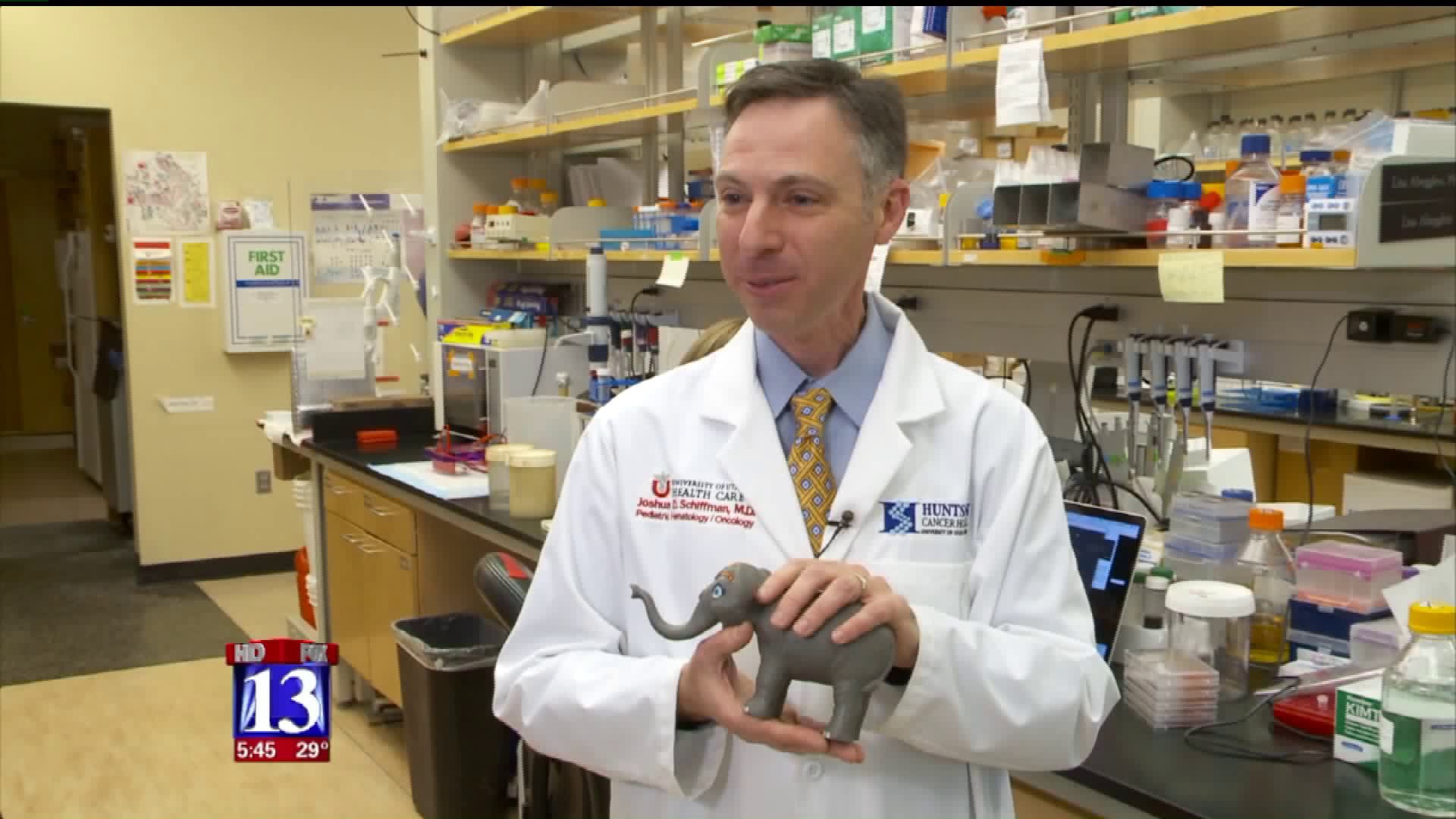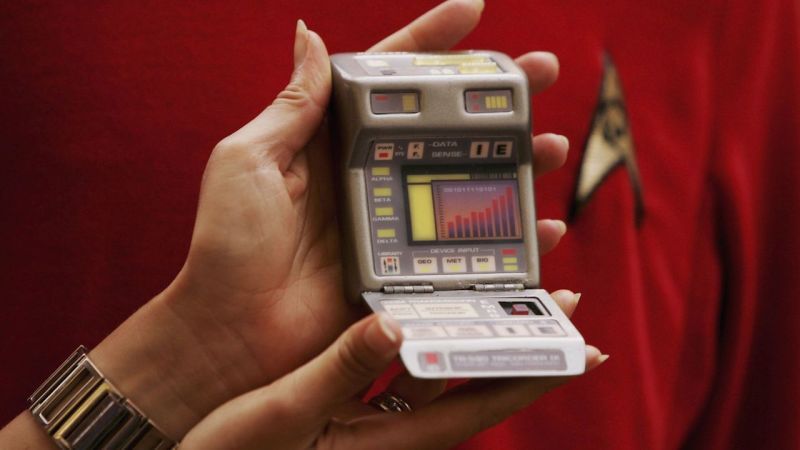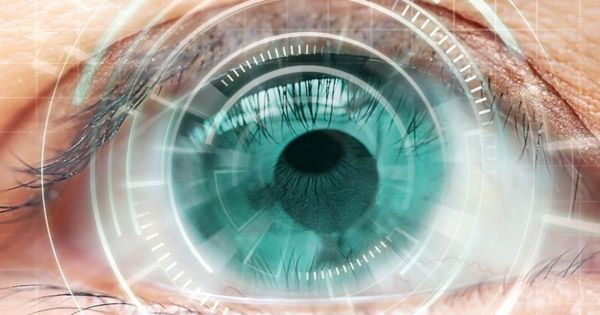Jan 17, 2017
Superbugs now killing more Americans than breast cancer… the scourge of antibiotics continues
Posted by Karen Hurst in categories: biotech/medical, health
Antibiotic-resistant superbugs are now killing more people than breast cancer, according to a new data analysis by the UK Sepsis Trust.
According to the British Department of Health, about 5,000 people die each year from drug-resistant infections. But the UK Sepsis Trust and others have criticized these figures for being based on studies conducted in other countries, many of them with flawed methodology.
For the new analysis, the UK Sepsis Trust looked at the Department of Health’s own data to come up with an estimate of 12,000 killed per year by superbugs — more than twice as high as the current estimate.
